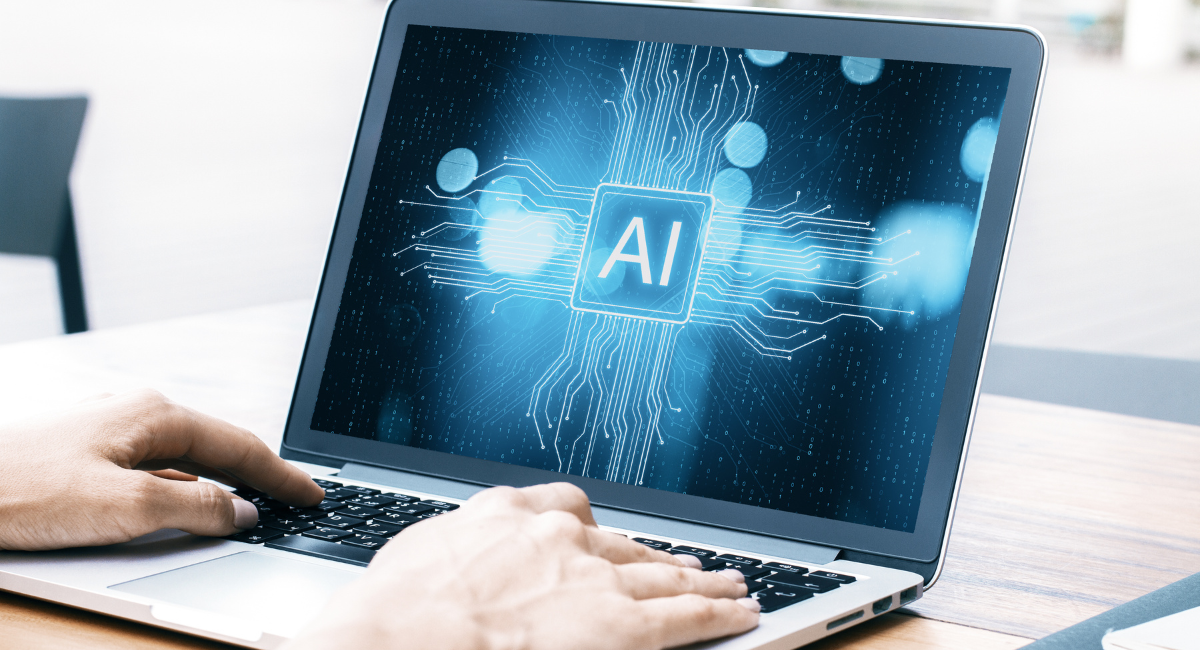- Posted on
- AI Accelera
- No Comments
AI, and particularly the development and application of LLMs, is undergoing an unprecedented period of boiling innovation. This rapid evolution also comes with significant challenges, including:
Black box.
AI models, especially deep learning models, are often difficult to interpret and explain. It’s not always clear how the model arrived at a specific conclusion, posing problems in critical applications where transparency and accountability are needed.
Technical complexity and barriers to entry.
Despite tools and platforms aiming to democratize AI access, technical complexity remains high. This can exclude many potential innovators who lack the necessary technical background.
Security and privacy.
The ability of LLMs to generate coherent and persuasive text can be exploited for malicious purposes, such as creating fake news or scams. Additionally, if not managed properly, they can reveal information about their training data, raising privacy concerns.
Adversarial attacks.
AI models can be susceptible to adversarial attacks, malicious operations that introduce distortions in input data to confuse the model and make it generate incorrect responses. These modifications are often imperceptible or insignificant to a human but can cause an AI model to behave unexpectedly or erroneously. There are increasingly advanced techniques to defend against these attacks, but they come with processing time and model accuracy costs.
Dependency on big companies.
Despite the emergence of many startups in the AI space, large companies like OpenAI, Google, and others continue to dominate in terms of resources and capabilities. This could lead to concentration of power and influence in the AI space.
Interoperability and standardization.
With so many emerging tools and platforms, ensuring they can work efficiently and coherently together is crucial.
Information overload.
Staying up to date with the latest advancements is becoming a challenge in itself due to the volume of new publications and developments.
Despite these challenges, the potential of AI to drive improvements across a wide variety of fields is immense. It’s essential to address these challenges appropriately to ensure that AI develops in a way that benefits society as a whole.
The above is an excerpt from the book “Keys to Artificial Intelligence” by Julio Colomer, CEO of AI Accelera, also available in a mobile-friendly ebook version.
At AI Accelera, our goal is to make the vast potential of Artificial Intelligence accessible to businesses, professionals, startups, and students from all over the world. See how we can help you.

